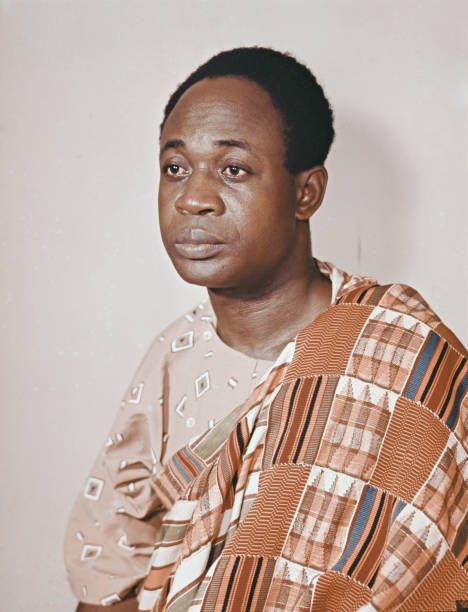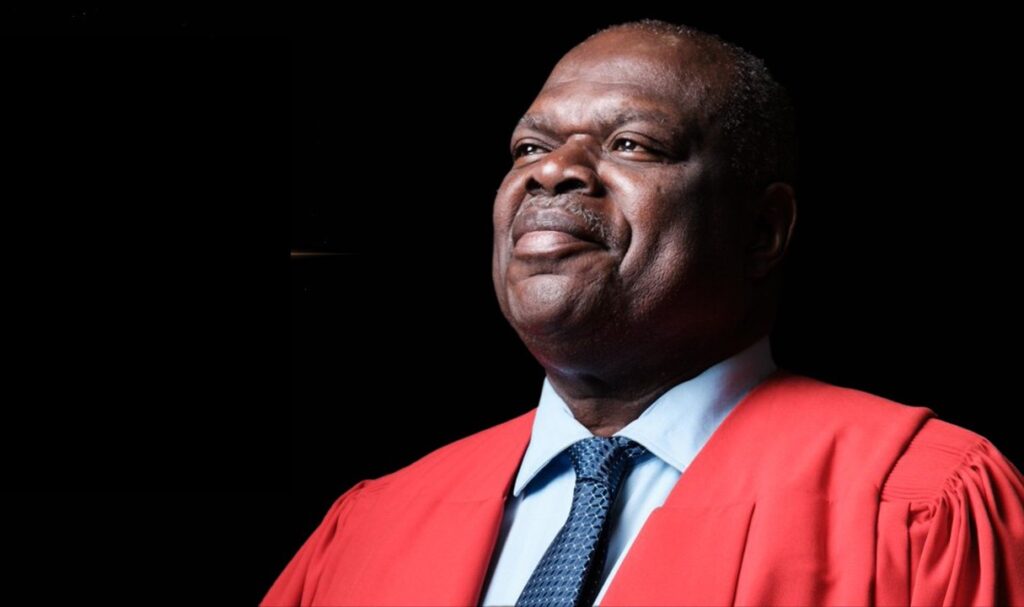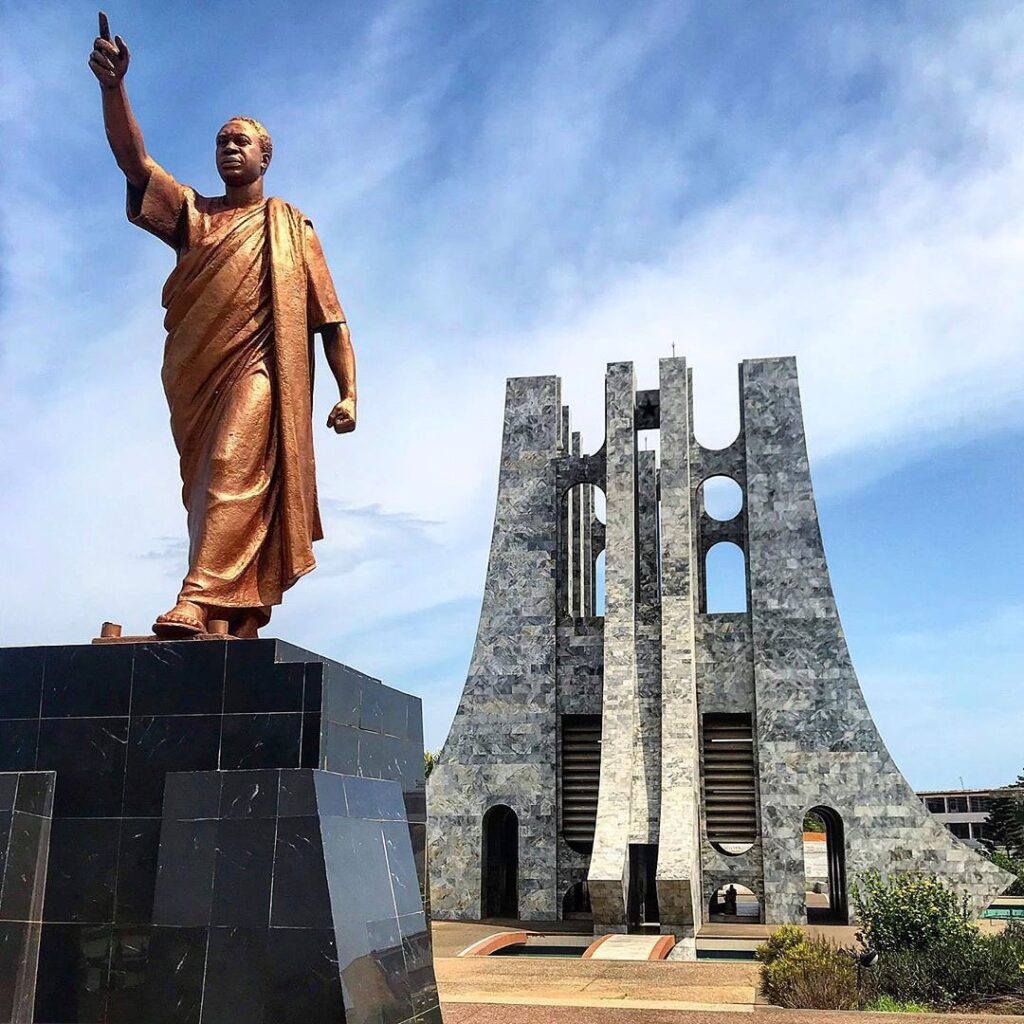
Emeritus Professor Ernest Aryeetey, former Vice-Chancellor of the University of Ghana, has described Dr. Kwame Nkrumah as Ghana’s most visionary leader, whose ambition to transform the country remains unmatched in the nation’s history.
Prof. Aryeetey reflected on the enduring legacy of Ghana’s first President, noting that Nkrumah possessed a clear and deliberate vision for national development, even though many of his plans did not fully materialize.
“Nkrumah was a clear visionary who knew exactly how he wanted to transform Ghana and wrote about it, talked about it, and tried to do things,” he said. “Did he get the results he was looking for? No, he didn’t get the results.”
According to the respected economist, Nkrumah’s vision for an industrialized, self-reliant Ghana was far ahead of its time and continues to shape national conversations about development and leadership today.
Dr. Kwame Nkrumah, who led Ghana to independence in 1957, is widely celebrated for his pan-African ideals and his ambitious efforts to modernize the country through large-scale infrastructure and industrial projects. His government launched several state enterprises, established educational institutions, and invested heavily in energy and transport sectors, including the construction of the Akosombo Dam.
Prof. Aryeetey explained that Nkrumah’s leadership was characterized by a clear sense of purpose, driven by a determination to make Ghana a model for African progress. “He had a plan, he had a strategy, and he worked hard to implement it,” he said. “What he lacked were the political and economic conditions that could have allowed that vision to flourish.”
However, he acknowledged that Nkrumah’s ambitious policies faced serious obstacles, including economic constraints, external political pressures, and internal opposition. These, he noted, made it difficult for his government to achieve the outcomes envisioned under his ambitious “Seven-Year Development Plan.”

While acknowledging Nkrumah’s unmatched vision, Prof. Aryeetey said his government ultimately fell short of achieving its goals due to a combination of domestic and global challenges.
“Despite his determination, Nkrumah didn’t get the results he was looking for,” he observed. “His failure wasn’t necessarily due to a lack of ideas or effort, but because the environment at the time was not ready to support the level of transformation he wanted.”
Nkrumah’s economic model — centred on state-led industrialization — faced financial difficulties and mounting foreign debt. By the mid-1960s, falling commodity prices and growing political dissent led to economic strain, culminating in his overthrow in 1966 through a military coup.
Prof. Aryeetey remarked that the debates about Nkrumah’s leadership, especially the circumstances surrounding his removal from power, continue to shape Ghana’s political discourse. “Why did someone conspire against him? That is what people argue,” he noted, highlighting that Nkrumah’s leadership was as controversial as it was transformative.
Prof. Aryeetey pointed out that Nkrumah’s story offers lessons for contemporary African leaders on the balance between visionary ideas and practical execution. “Many of our leaders have big dreams, but what often fails is the ability to translate those dreams into lasting institutions,” he said.
He added that while Nkrumah’s leadership was not without flaws, his boldness in imagining a prosperous and united Africa remains an inspiration. “Nkrumah made mistakes, like every leader of his time, but his mistakes were magnified by historical circumstances. He was leading at a time when the global political environment was not in Africa’s favour,” Prof. Aryeetey explained.
According to historians, Nkrumah’s policies were also undermined by Cold War politics and the country’s dependence on cocoa exports, which made Ghana vulnerable to price shocks. Despite these constraints, his legacy as a visionary and pan-Africanist continues to resonate across generations.

Nearly six decades after his death, Dr. Nkrumah remains one of the most studied and debated figures in Ghana’s political history. His ideas on African unity, self-determination, and economic independence laid the foundation for the continent’s liberation movements and the formation of the Organisation of African Unity (OAU), now the African Union (AU).
In Ghana, monuments such as the Kwame Nkrumah Mausoleum and national commemorations on September 21 each year — observed as Kwame Nkrumah Memorial Day — continue to celebrate his contributions to the nation’s identity and independence.
Prof. Aryeetey believes that Ghana’s current generation of leaders can draw valuable lessons from Nkrumah’s commitment to long-term national planning. “What made Nkrumah exceptional was not only his ambition but also his willingness to think beyond immediate politics,” he said. “That is something our leaders today must learn if we want real transformation.”
As Ghana continues to grapple with economic challenges, Prof. Aryeetey’s reflections come as a reminder of the importance of visionary leadership anchored in practical execution and accountability. Analysts say that while Nkrumah’s centralized approach may not fit modern governance models, his focus on development and education remains highly relevant.
He concluded that Ghana’s progress depends on a renewed commitment to visionary but realistic planning. “Every nation needs a dreamer like Nkrumah — someone who sees beyond the present. But we also need the systems and discipline to turn that dream into reality,” Prof. Aryeetey said.
Read also: Prof Aryeetey: Africa Has Misused Democracy, Not Been Failed by It
